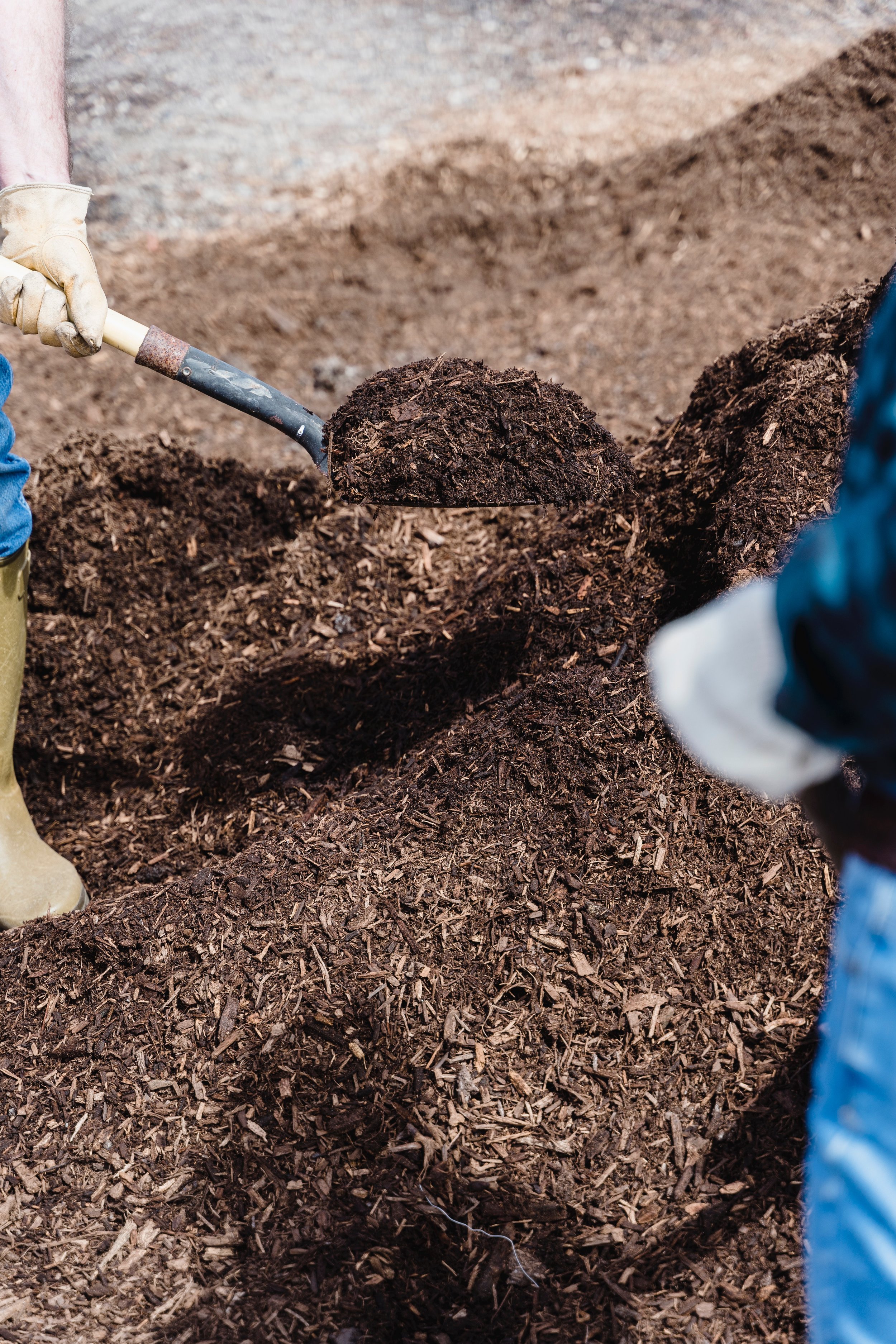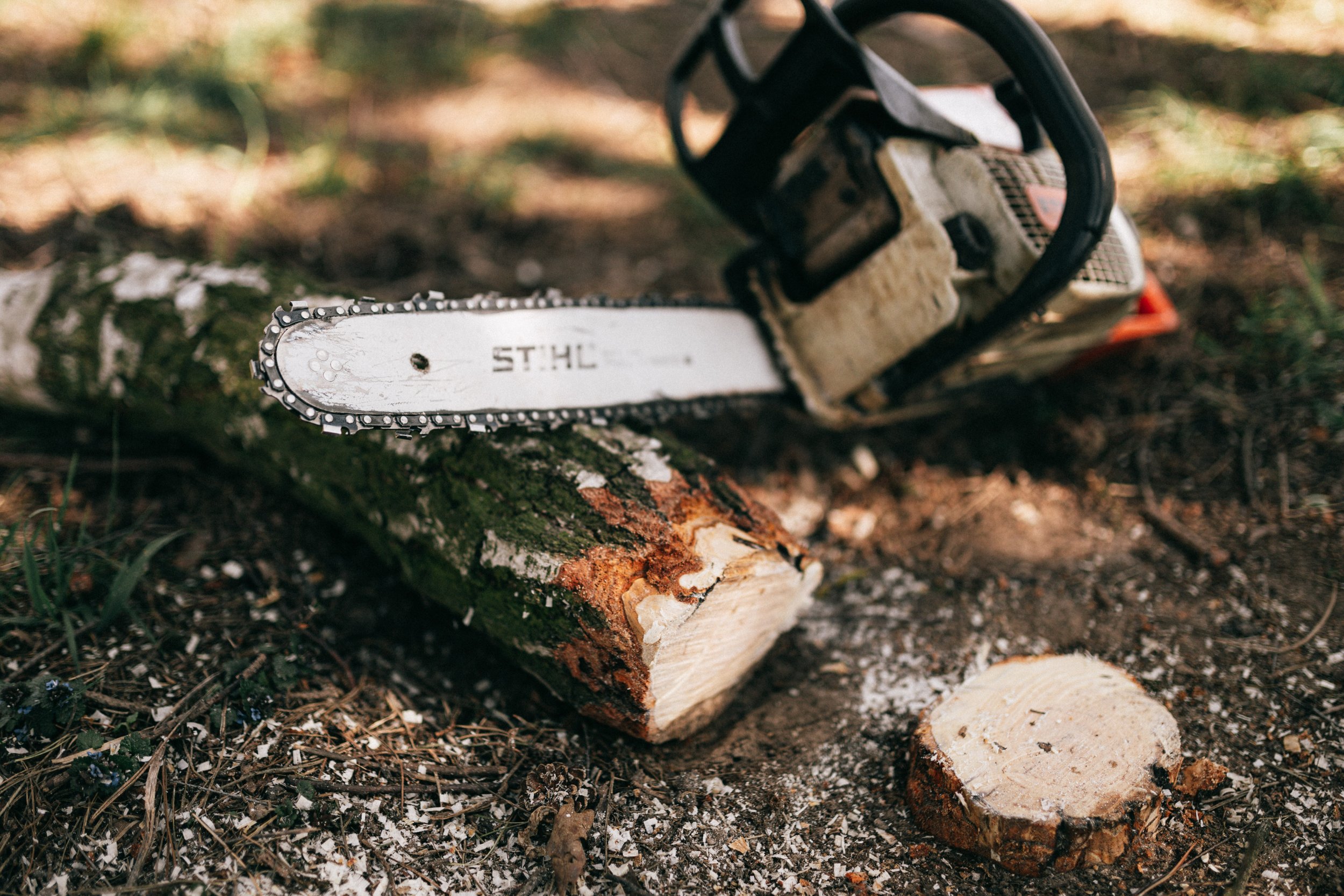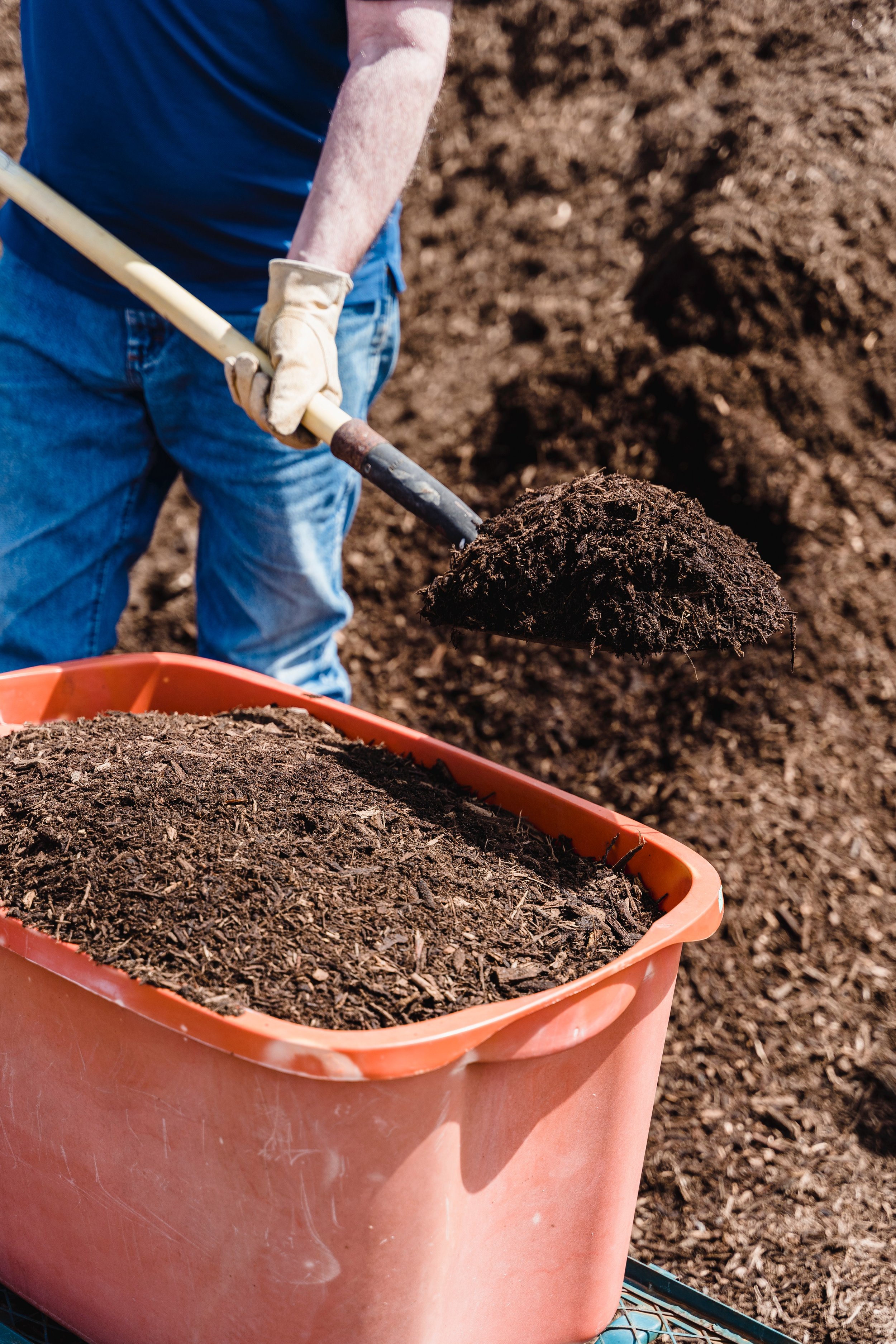
The Mulchery
Community Mulch Pile at The Remakery!
Reduce weeds, protect soil and insulate roots with wood chip! The mulchery contains fresh leaves, twigs, bark and wood available for the community to use in the garden.
Together, we mulch.
Guidelines
If you are able to, please leave a donation
Keep the pile tidy
Wear a mask to protect yourself from fungal spores
Don’t reject twigs, take and snip up later
Take from the front of the pile (taking from the back prevents and delays the Arborists from adding new mulch to the pile)
Mulch is not for on-sale
Park with care, be considerate to other carpark users, keep your children safe
Do not dump green waste or rubbish
How
Bring a bucket, sack, trailer or fill up a lined boot
Leave a donation if you are able to, you can give a cash donation to our café or head over to our donate page to see other ways you can support us.
Use in the garden:
Spread on the soil around trees, shrubs, and perennials that have established root systems (leave approximately 5cm between the plant and mulch, avoid using fresh tree mulch in veggie gardens).
Add to your compost pile to provide a better carbon:nitrogen ratio
Create no-mow garden paths around your garden beds
The Mulchery is not…
The Mulchery is not a dump for any green waste or rubbish. We don’t want your garden waste, this contaminates The Mulchery for others. Beaver Tree Service is the only provider approved for supplying material to The Mulchery.
The mulch is not for on-sale. The mulchery is for homes, schools and community organisations.
The mulch is not for commercial use.
Nourishes the soil
As mulch decomposes, it releases nutrients and provides organic matter into the soil. Organic matter serves as a reservoir of nutrients, helping to improve soil fertility and composition while preventing compaction, providing soil aggregation, decreasing salinity, reducing surface crusting, increasing nutrient exchange and creating a better environment for plants to grow in and soil life to thrive in.
Benefits of using mulch
Retains moisture
Mulch can prevent moisture from being evaporated too quickly, this helps to maintain good moisture levels in the soil for plants. This is beneficial during dry spells and reduces the watering requirements in the heat of summer.
Over time, mulch can improve soil aeration and drainage, preventing waterlogged soil and increasing water infiltration into the soil.
Regulates Temperature
Mulch insulates and helps to control soil temperature fluctuations. This helps to reduce stress in plants and protects their roots for extreme heat and cold.
As the sun’s energy passes through mulch during the colder months, it heats trapped air and soil beneath, protecting plants from colder temperatures.
Mulch shades and insulates the ground from the hot sun and summer heat. This helps to keep the soil cool.
Suppresses Weeds
A thick layer of mulch acts as a physical barrier against weeds and blocks sunlight, preventing weeds from growing. It also makes weeds easier to pull out as they tend to put more energy into reaching the light, rather than developing strong roots.
Mulch also acts as an inhospitable barrier, preventing weed seeds from settling and coming into contact with nutrient rich topsoil.
Wood chip temporarily depletes some nitrogen from the surface of the soil, primarily impacting weeds and weed seeds.
Prevents Erosion
Soil erosion is a form of soil degradation. It is the wearing away of the topsoil through the physical forces of water, wind, or activities such as tilling. When soil particles are detached and removed, it causes the soil to deteriorate and increases runoff velocity.
Using mulch in the garden is an effective method for increasing aggregate stability and preventing soil erosion from rain and wind, by covering it from the wind and reducing the impact of raindrops as they strike the soil.
Increases soil biodiversity
Mulching encourages biological activity and increases the richness and diversity of microbial and fungi communities in the soil, thus creating a healthy soil food web.
Soil life creates soil structure and makes nutrients available for plants to absorb. Wood mulch favors fungi populations, when attached to plant roots, fungi helps the plant uptake nutrients. This makes for tastier and healthier plants, which are stronger, more resistant to frost and less attractive to pests.

Where does the mulch come from?
Mulch is a by-product of tree work, which includes pruning and felling of trees. Each batch is different and contains varying portions of leaf and wood material.
The Mulchery is made available by Beaver Tree Service for home gardeners, schools and community organisations.
For contractors or for large quantities, please contact Beaver Tree Service directly.



